Food Systems
FSEC (2024) The Economics of the Food System Transformation Global Policy Report. The Food System Economics Commission, 117 pages
- The economic and planetary case for transforming our food systems is compelling. But negotiating change across a multitude of diverse stakeholders with unequal power and varying prospects from the transformation is an enormous challenge.
- The report confronts this challenge head on, highlighting practical ways to dismantle barriers to change and develop achievable transformation strategies.
- Evidence shows that embracing equity and inclusion is key to making a transformation politically viable and thus essential for success. The report summarizes the findings of a four-year investigation by the Food System Economics Commission (FSEC), an independent commission expressly created to assess options for comprehensive food system transformation. FSEC findings are based on rigorous economic modeling, in-depth literature reviews, and case studies.
- Synopsis in Nature Food systems transformation requires strategic attention to political economy - Published: 15 November 2023
- PAEPARD blog post with many key extracts of the report
- The report assesses the current state of Africa's food systems, explores strategic issues related to food systems transformation, and reflects on necessary methodologies and approaches to provide a better understanding of key challenges and necessary actions to accelerate transformation.
- PAEPARD blog post: 5 February 2024. A Hybrid High-Level Public Panel Discussion on the Future of the Malabo Declaration Beyond 2025 – What next? Recorded Webinar
- Upcoming: 8 March 2024 Official Launch of the 4th BR Report and Post Malabo Agenda Roadmap
FACCE-JPI and HDHL (20213) The (im)possible coherence? –Science-Policy, Blockages and Transformation. Summary report Workshop on Science Advice to Policy Coherence for Sustainable Food Systems # 16 p.
- The workshop (November 2023) aimed to explore the challenge of policy coherence in the transition towards a more sustainable and healthy food system in Europe, from science through to implementation. This workshop posed a fundamental question: What prerequisites are needed for better coherence between science and policies to transform the food system?
- See PAEPARD blog post 15 February Recorded Webinar
- Related: 15 February The African Union & the European Commission launched the "Strengthening Evidence-Based Policy Practice for Sustainable Food Systems under the AU-EU Partnership" StEPPFoS,
- Related: 7 February 2024. Research Lessons to Inform Future CAP Reform Audio record
- This issue of Urban Agriculture Magazine showcases innovative approaches, actions, and initiatives for strengthening all aspects of urban and city region food systems.
- The articles are drawn from across research priorities of the Resilient Cities initiative and supplemented by selected experiences from RUAF Global Partnership and other strategically-aligned organisations.
AgriTech
USAID (2024) Toolkit for Inclusive AgriTech Digital Solution Design #107 p.
- This toolkit provides guidance to USAID staff and implementing partners on how to design inclusive digital technology interventions in Feed the Future activities. It emphasizes support for marginalized groups, intersectionality, and robust local engagement.
- By prioritizing these factors, the toolkit guides users in fostering positive outcomes in alignment with USAID’s locally led development vision.
Africa Disrupt (2023) The African Tech Startups Funding Report #57 p
World Bank, INSKIP (2024) Guidebook for the development of a startup ecosystem in Agriculture & Food # 108 p.
Catalyst Fund, GEF, FSD, UNIDO (2023) Investing in Climate Innovation in Africa: Challenges and Opportunities # 51 p.
Investing in Climate Innovation in Africa: Challenges and Opportunities # 51 p.
IndexBox (2023) Africa - Grain - Market Analysis, Forecast, Size, Trends and Insights
Falconnier et all (2023) The input reduction principle of agroecology is wrong when it comes tomineral fertilizer use in sub-Saharan Africa #16 p.
Montpellier Panel (2024) EXECUTIVE SUMMARY - YOUTH AHEAD: Policy Innovations to Create Opportunities for Young People in Africa’s Agrifood Systems #3 p.
ACB (2023) Part 4: Multi-pronged capture of consumer markets in Africa by UPF companies #15 p.ACB (2023) Part 3: Dictatorship of UPF food companies over African diets and food markets #17 p.
ACB (2023) Part 2: Consumption of ultra-processed food (UPF) in Africa #15 p.
ACB (2023) Part 1: Introduction to ultra-processed food (UPF) in Africa #14 p.
EAT (2024) Consumer perceptions unwrapped: ultra-processed foods. A pan-European study from the EIT Food Consumer Observatory on consumer perceptions of ultra-processed foods. #72 p.
IRENA (2023) Scaling up renewable energy investments in West Africa # 12 p.
- The African Tech Startups Funding Report 2023 is based on data gathered by the Disrupt Africa team over the course of 2023. The information contained herein is an accurate work of journalism - the compilation of its list of funding rounds, as well as all analysis within the report, has been conducted in-house.
- For the most part, the startups included in this report are at least Africa-based and Africa-focused, and Disrupt Africa has applied thinking around the economic impact of a company - and where that impact is most felt - in the event of a startup diverging from this.
- The agri-tech space has been a staple of the startup ecosystem in Africa since its early days, and while the number of funded startups remained consistent, 2023 marked the first year on record that funding into the sector declined - a true sign of the times. Twenty-four (24) startups (5.9 per cent of Africa’s total) raised funding in 2023, up slightly on the 23 (3.6%) in the preceding year; which in turn was up on the 22 startups (3.9%) of 2021. Baby steps over the past couple of years then, but slow and steady growth.(page 41)
- See: PAEPARD blog post: 14 - 15 February 2024. Africa Tech Summit Nairobi
World Bank, INSKIP (2024) Guidebook for the development of a startup ecosystem in Agriculture & Food # 108 p.
- The objective is: (a) to facilitate the development and growth of AgTech startup ecosystems for harnessing innovative technologies and boosting private and public sector capabilities to provide access to farmers to innovative services in World Bank client countries. (b) It also provides an assessment of the relevance of the various models developed around the world based on different levels of maturity of core features of the economy.
- See PAEPARD blog post 8 February 2024. Building startup ecosystems to leverage the private and public sector for the transformation of our food system – A guidebook Recorded Webinar
Catalyst Fund, GEF, FSD, UNIDO (2023)
 Investing in Climate Innovation in Africa: Challenges and Opportunities # 51 p.
Investing in Climate Innovation in Africa: Challenges and Opportunities # 51 p.- The comprehensive report, a result of a partnership between Catalyst Fund and Africa: The Big Deal, provides an in-depth dive into the sector, offering crucial insights for investors, innovators, and stakeholders in the African climate ecosystem.
Trade
- The grain industry in Africa is marked by contrasting scenarios of production capacities and import dependencies. While countries like Ethiopia and Nigeria showcase substantial production volumes, others continue to rely heavily on imports to feed their populations. The complex interplay of factors contributing to market growth and limitations underscores the need for strategic policy development aimed at enhancing self-sufficiency and mitigating the potential risks associated with import reliance. Efforts to build robust agricultural systems in Africa are essential to ensure the long-term sustainability and security of the continent's grain supply.
- See also PAEPARD blog post
U.S.-Africa Business Center (2023) Enabling Ecosystems: Fostering environments that support agriculture development for smallholder farmers in Africa # 43 p.
- In this paper, the U.S.-Africa Business Center puts forth a series of policy recommendations to support smallholder farmers in Africa, showing how sustainable agriculture development can help bolster global food security efforts while also yielding additional benefits to employment, national security, and intra-Africa agricultural trade. The intention of this paper is to advance policy recommendations for consideration by U.S. and African governments that will create more opportunities for investments and partnerships with the private sector and multinational organizations.
- See PAEPARD blog post
Agroecology
- More mineral fertilizer is needed in SSA for five reasons: (1) the starting point in SSA is that agricultural production is “agroecological” by default, that is, very low mineral fertilizer use, widespread mixed crop-livestock systems and large crop diversity including legumes, but leading to poor soil fertility as a result of widespread soil nutrient mining, (2) the nitrogen needs of crops cannot be adequately met solely through biological nitrogen fixation by legumes and recycling of animal manure, (3) other nutrients like phosphorus and potassium need to be replaced continuously, (4) mineral fertilizers, if used appropriately, cause little harm to the environment, and (5) reducing the use of mineral fertilizers would hamper productivity gains and contribute indirectly to agricultural expansion and to deforestation.
- See PAEPARD blog post 27 + 28 + 29 February Recorded CIRAD Webinars
Related: 28/02 La Grande Muraille verte face aux défis de la diversité des terroirs sahéliens
AFSA (2024) The Costs to Smallholders of AfDB's Feed Africa Initiative A Closer Look at the 40 Country Compacts #29 p.
FIBL (2024) Cultivating change with agroecology and organic agriculture in the tropics #48 p.
- The Alliance for Food Sovereignty in Africa (AFSA) unveiled a comprehensive report critically examining the African Development Bank’s ambitious Dakar II initiative, part of the broader Feed Africa program. This initiative, titled ‘Feed Africa: Food Sovereignty and Resilience’, aims to revolutionize African agriculture with a focus on turning the continent into a global breadbasket.
- However, AFSA's analysis raises significant concerns about its approach and implications for small-scale farmers across the continent.
- This policy dossier aims to present decision and policymakers and experts in the context of international cooperation with scientific evidence on how Agroecology/Organic approaches can contribute to a beneficial transformation of production systems in the Tropics.
FIBL and IFOAM (2024) The World of Organic Agriculture 2024. Statistics and Emerging Trends #352 p.
- This book offers a comprehensive review of recent developments in global organic agriculture.
- It presents detailed statistics on organic farming that relate to area under organic management, land use and crops, the number of farms and other operator types, retail sales and international trade data.
- It offers insights into current and emerging trends in organic agriculture in Africa.
- See PAEPARD blog post Recorded Webinar of 29 February 2024. Knowledge Hub for Organic Agriculture and Agroecology in Eastern Africa (KHEA) PELUM Kenya webinar
Youth
Montpellier Panel (2024) YOUTH AHEAD: Policy Innovations to Create Opportunities for Young People in Africa’s Agrifood Systems #158 p.Montpellier Panel (2024) EXECUTIVE SUMMARY - YOUTH AHEAD: Policy Innovations to Create Opportunities for Young People in Africa’s Agrifood Systems #3 p.
- This report reviews the challenges limiting young people’s engagement in agrifood systems and demonstrates opportunities to empower Africa’s youth in agrifood systems.
- The report highlights the successful strategies implemented by various countries in Africa and summarizes the key findings of four systematically selected countries: Ghana, Uganda, Zambia, and Zimbabwe.
- These countries are at the forefront of empowering youth in their agrifood systems. The report reviews these countries’ policy and institutional innovations as well as their programmatic interventions targeting youth in the transformation of food systems. Their experiences are noteworthy for other African countries.
- See PAEPARD blog post: 14 February 2024. Recorded Webinar See extracts of tis report in following PAEPARD blog post
Nutrition
ACB (2023) Part 4: Multi-pronged capture of consumer markets in Africa by UPF companies #15 p.ACB (2023) Part 3: Dictatorship of UPF food companies over African diets and food markets #17 p.
ACB (2023) Part 2: Consumption of ultra-processed food (UPF) in Africa #15 p.
ACB (2023) Part 1: Introduction to ultra-processed food (UPF) in Africa #14 p.
- A new pan-European study from the EIT Food Consumer Observatory reveals that consumers across Europe are concerned about the impact of ultra-processed foods on their health. Yet, a lack of awareness, understanding and means are preventing people from making informed, healthy choices.
- The research, combining a survey of 10,000 consumers from 17 European countries alongside a follow-up qualitative study, found that the majority (65%) of European consumers believe that ultra-processed foods are unhealthy, and that they will cause health issues later in life. For example, 67% believe that ultra-processed foods contribute to obesity, diabetes and other lifestyle-related health issues.
Food Planet, GAIN (2024) Regenerative Aquatic Foods: A Roadmap to Action # 18 p.
- By collating top strategies from leading global experts, this roadmap provides a structure for advancing regenerative aquatic foods within sustainable and nutritious food systems across five high-level thematic areas.
- See PAEPARD blog post 1 February
Energy
IRENA (2023) Scaling up renewable energy investments in West Africa # 12 p.
- This brief, developed and published by the IRENA Coalition for Action, and co-authored by Coalition members RES4Africa Foundation and Enel Green Power, serves as a guiding document for advancing renewable energy initiatives in the region.
- See PAEPARD blog post: 6 February 2024. Drive Renewable Energy Investments in West Africa Hosted by IRENA Coalition for Action


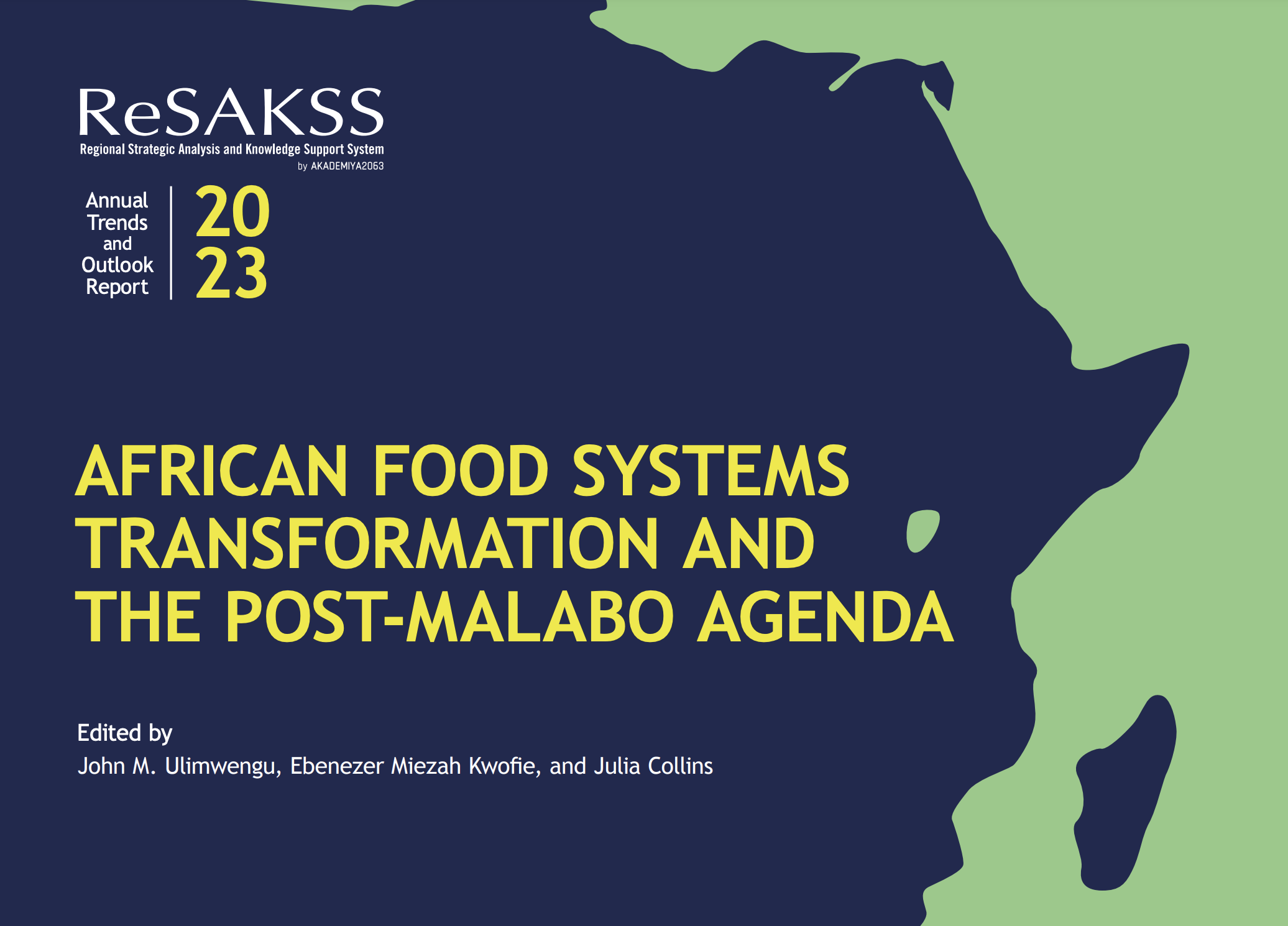


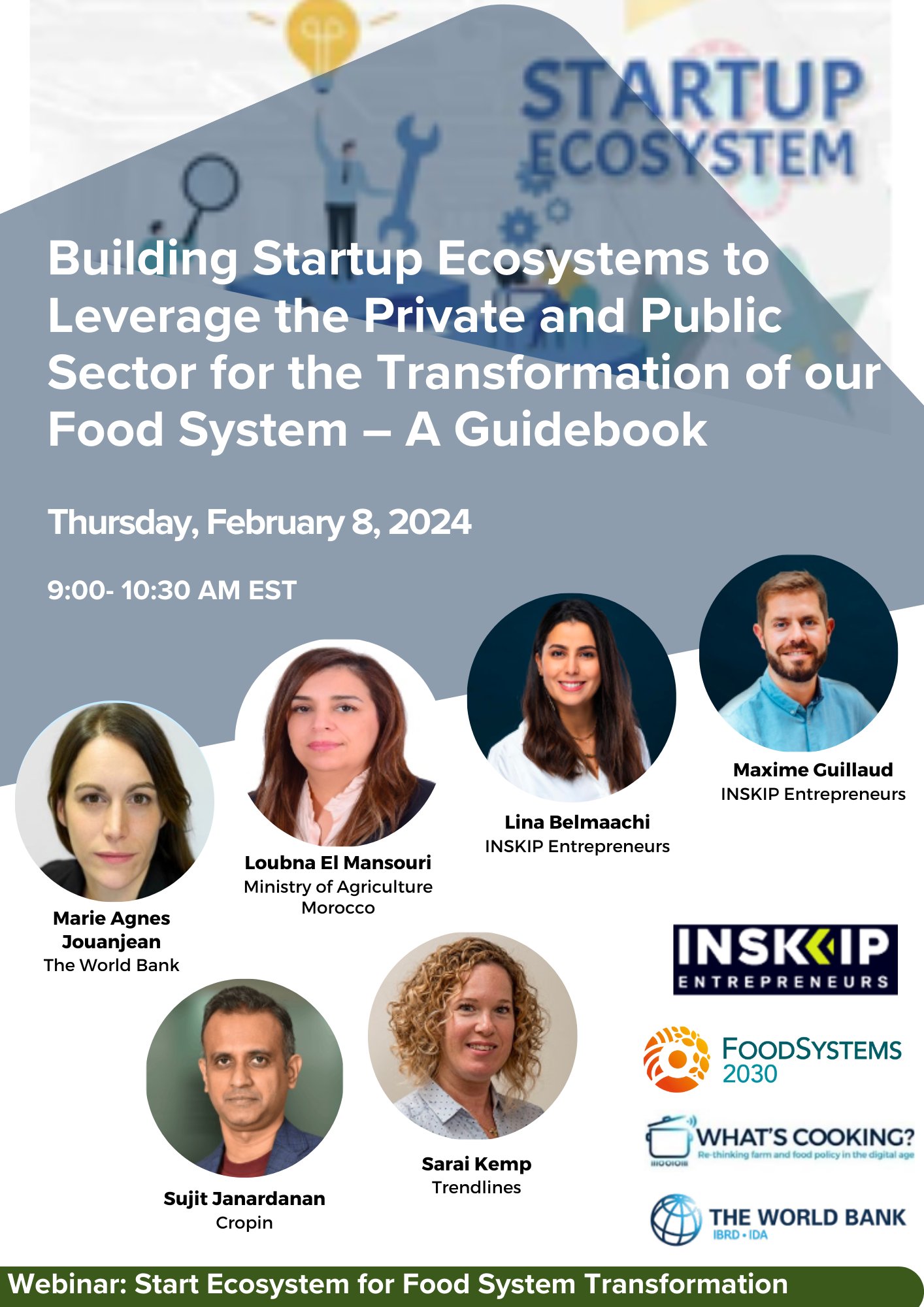
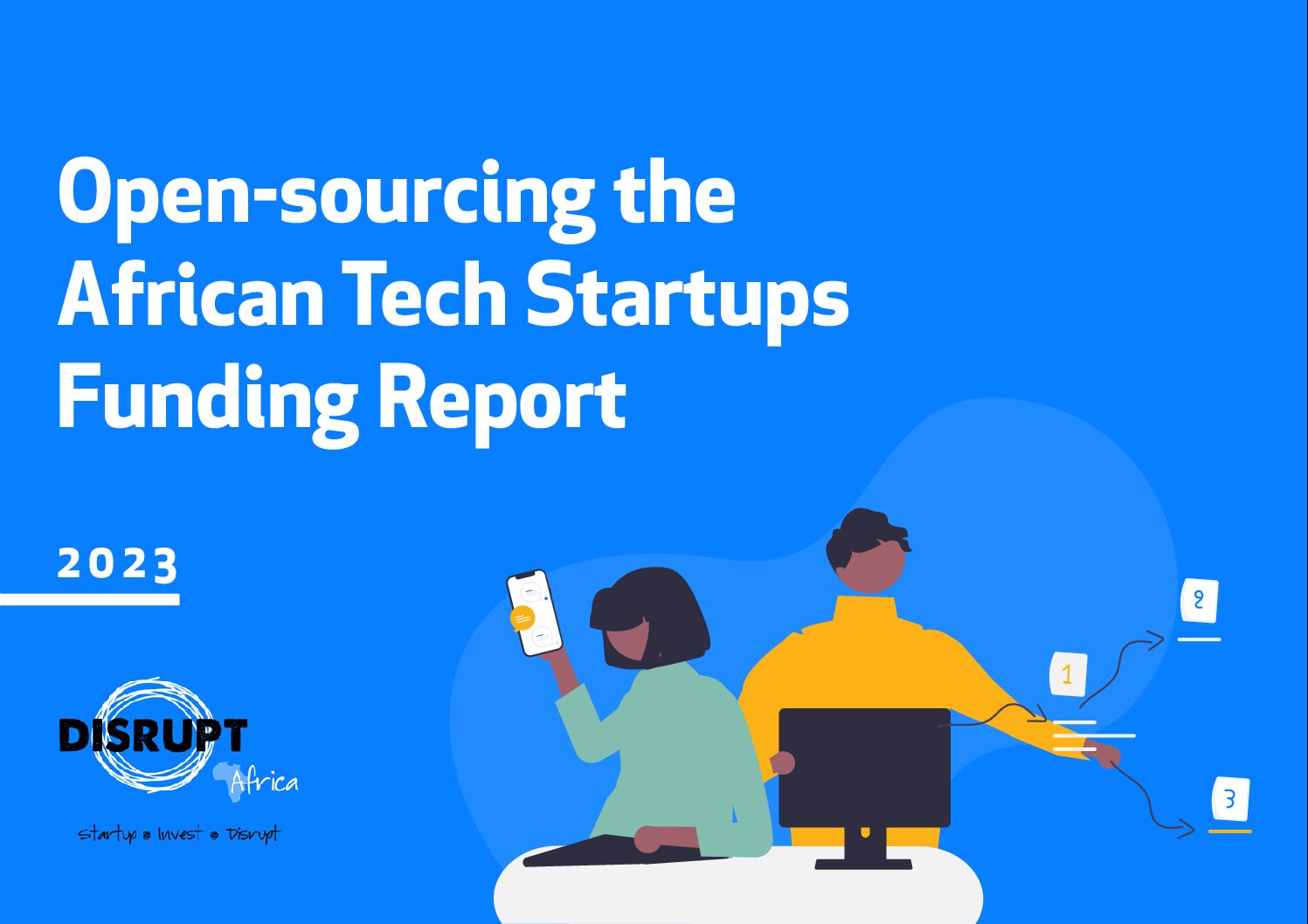
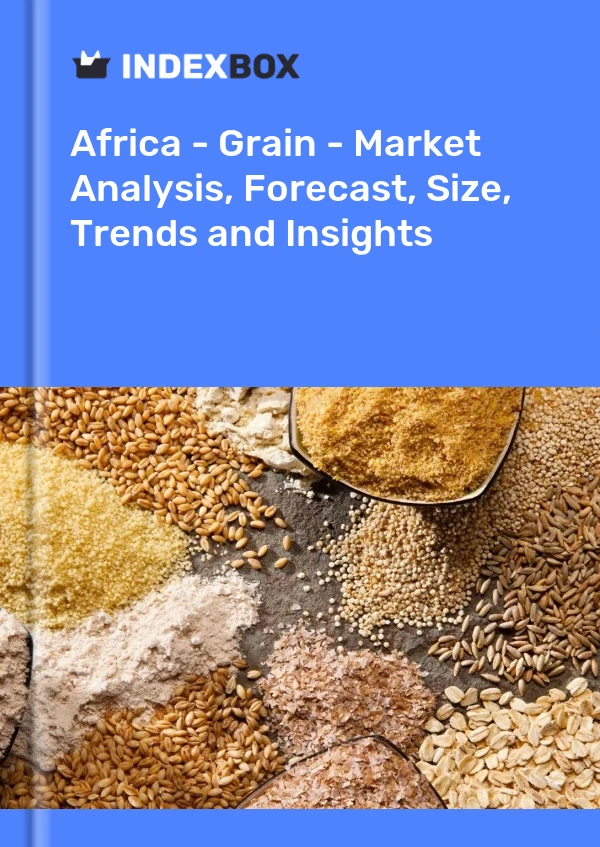


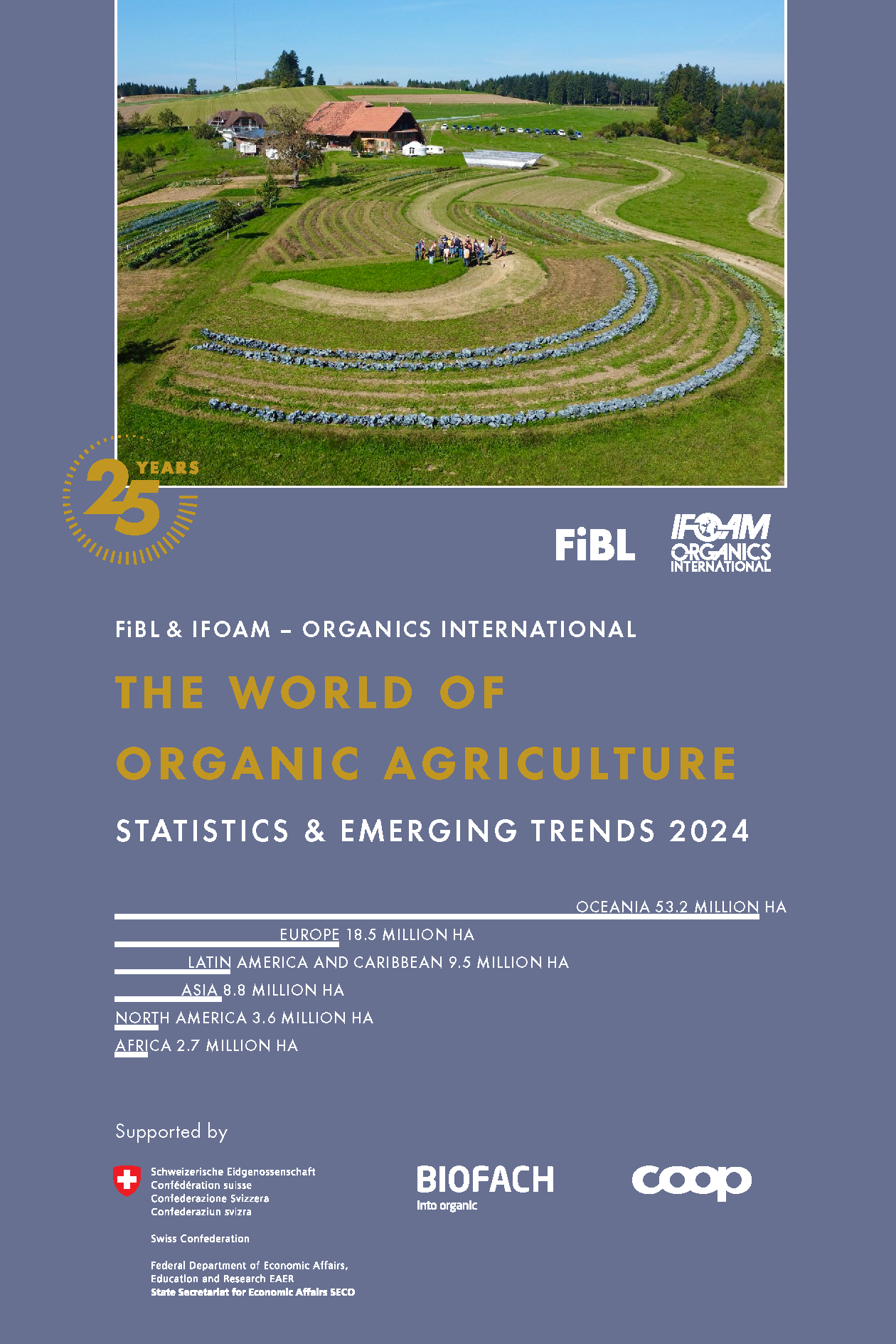
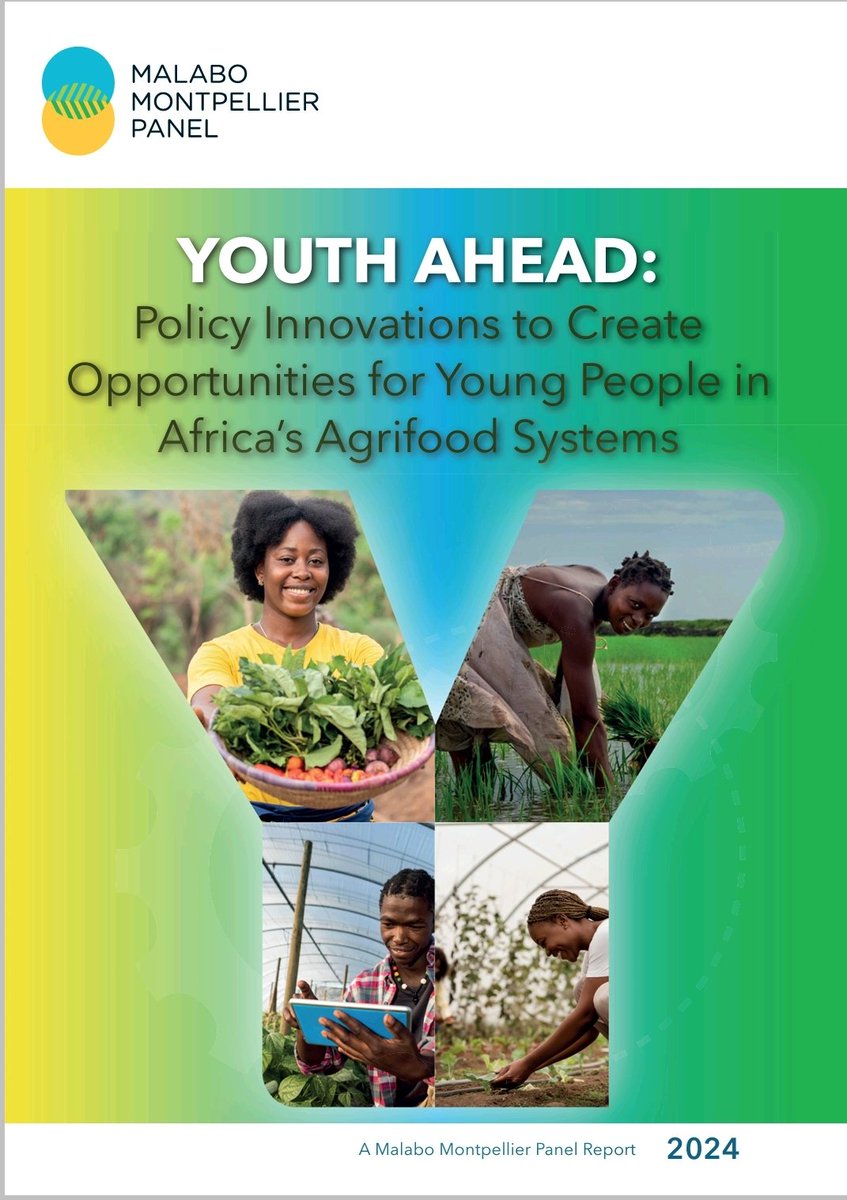

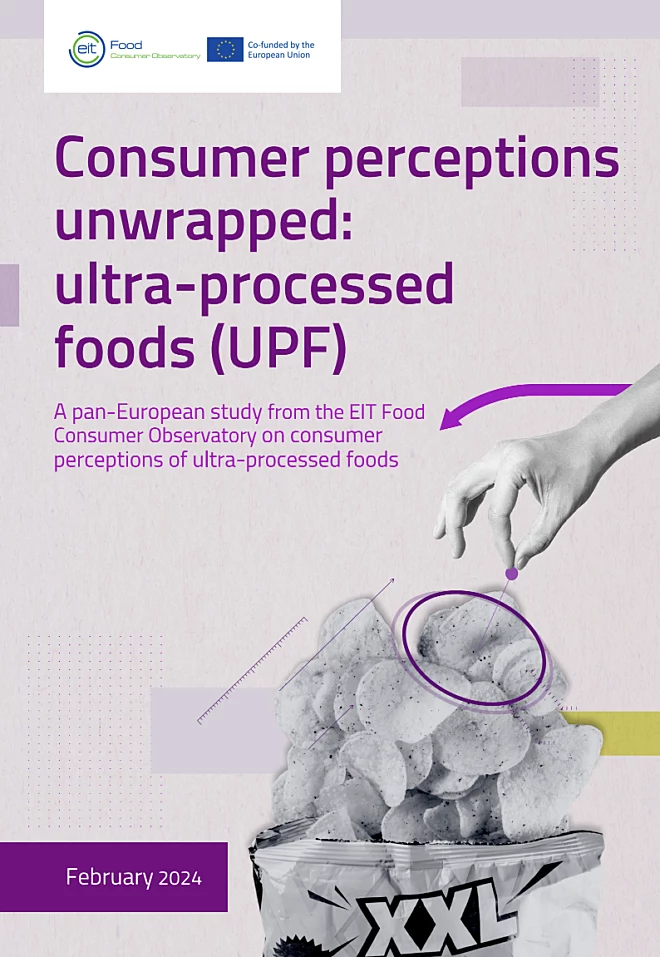
No comments:
Post a Comment